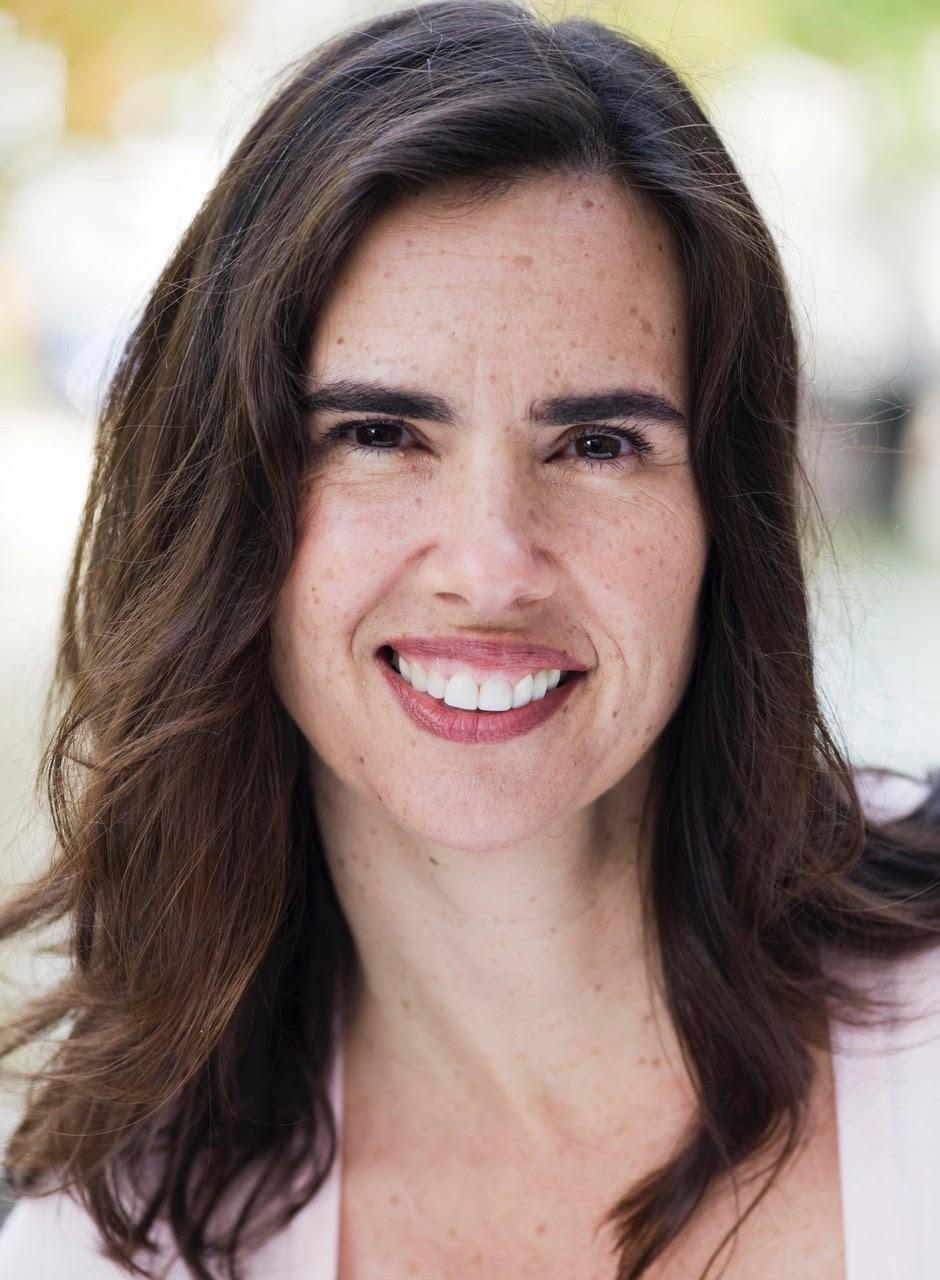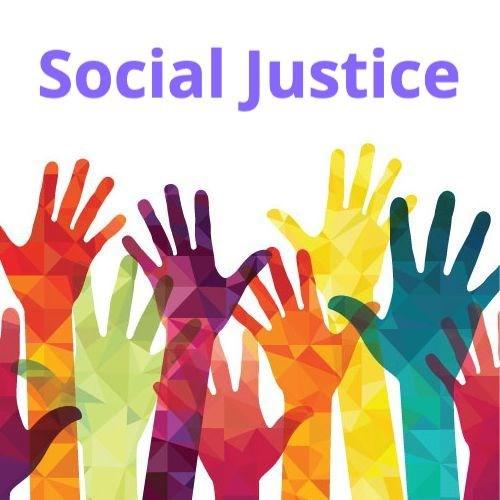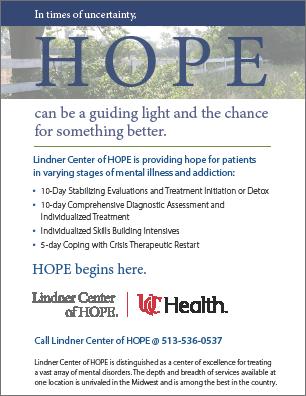
4 minute read
Jules Seeman Fall Workshop Featuring Kristin Neff
The Power of Self-Compassion

October 23 - 24, 2020 9:00 am - 12:00 pm
Participants of this workshop will be taught over two days in three-hour sessions online via Zoom. Each day will include small-group breakout sessions.
Self-compassion involves treating ourselves kindly, like we would a good
friend we cared about. Rather than continually judging and evaluating ourselves, self-compassion involves generating kindness toward ourselves as imperfect humans, and learning to be present with the inevitable struggles of life with greater ease. It motivates us to make needed changes in our lives not because we’re worthless or inadequate, but because we care about ourselves and want to lessen our suffering. This workshop will provide simple tools for responding in a kind, compassionate way whenever we are experiencing painful emotions. We all want to avoid pain, but letting it in - and responding compassionately to our own imperfections without harsh self-condemnation - are essential steps toward living happier, more fulfilling lives. Through discussion, meditation, and experiential exercises, you will gain practical skills to help bring self-compassion into your daily life. You will learn how to stop being so hard on yourself; handle difficult emotions with greater ease; and motivate yourself with kindness rather than criticism. Practices will also be introduced to help ease stress and burnout for caregivers. This course is relevant for the general public as well as to practicing mental health professionals.
Specific Learning Objectives:
•
Identify the three core components of self-compassion
Describe key research that supports the benefits of self-compassion
Practice techniques to increase self-compassion in everyday life
Use self-compassion in caregiving settings to reduce burnout
ONLINE REGISTRATION OPENS FRIDAY, JULY 31st



$159 members/$199 non-members Member Discounts & Scholarships Available

Special Guest Presenter: Kristin Neff, PhD


Kristin Neff is currently an Associate Professor of Educational Psychology at the University of Texas at Austin. She is a pioneer in the field of self-compassion research, conducting the first empirical studies on self-compassion over fifteen years ago. In addition to writing numerous academic articles and book chapters on the topic, she is author of the book "Self-Compassion: The Proven Power of Being Kind to Yourself," released by William Morrow. In conjunction with her colleague Dr. Chris Germer, she has developed an empirically supported training program called Mindful SelfCompassion, which is taught by thousands of teachers worldwide. The Mindful SelfCompassion Workbook is now available by Guilford, as well as Teaching the Mindful Self-Compassion Program: A Guide for Professionals. For more information, including a self-compassion test, research articles, and examples practices, go to www.selfcompassion.org.
The application for APA credit for The Power of Self-Compassion to be held virtually on October 23 & 24, 2020 has been submitted to the Vanderbilt Division for CME for a maximum of 6.0 CE credits. No partial credit may be awarded. This course is jointly sponsored by the Nashville Psychotherapy Institute.
(Day of Reckoning, continued from page 1)
Association state, “In clinical practice, psychologists should strive to provide services free of racial or ethnocultural bias. This should include considering issues of race, ethnicity and culture in not only treatment, but also assessment.
Psychologists should also reflect on how their own biases and assumptions affect the types of services they provide, and seek out understanding of indigenous and traditional healing methods, with an eye toward supporting clients who find meaning in these methods. Finally, psychologists should recognize the structural oppressions in society and within health care systems, and seek to challenge the biases and oppressions that affect their clients’ health and wellbeing.” So not only are we are asked to avoid discrimination, we are also asked to reflect on our own biases and to recognize and challenge structural oppression. All of the various codes of ethics have similar statements. The Social Justice Committee responded to the murder of George Floyd (and so many others) with a statement declaring that racism is abhorrent, police brutality is unacceptable, and by inviting interested members of NPI to continue the on-going task of examining our own biases and dismantling systemic oppression. We make these statements not only because our ethics require it, but also because our hearts require it. We believe that many NPI members feel the same way. If you are one of those members, we invite you to join us in the upcoming book discussions: August 6 on “How to Be an Anti-Racist,” and September 3 on “My Grandmother’s Hands.” We know this is just a beginning. A recent article in the Washington Post by Tre Johnson is entitled “When black people are in pain, white people just join book clubs.” We want our Black members, colleagues, and clients to know that we stand beside them in this push for change. We have begun to build Race Relations Resources on the NPI website will be adding information on addressing policy changes, especially at the local level, for those who are interested. We ask our Black, Indigenous, and People of Color members and colleagues to hold us accountable. We ask all of our members and colleagues to make suggestions. Help us to turn this “moment of reckoning” into a life-long commitment.

If you have suggestions for the Social Justice Committee or would like to be involved in its work, please contact Linda at linda.g.manning@vanderbilt.edu








